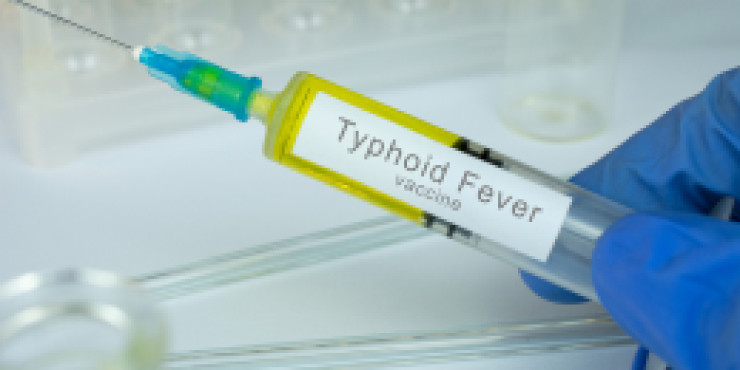Bangladesh has begun a month-long campaign to vaccinate 50 million children against typhoid, aiming to curb the spread of increasingly drug-resistant strains across South Asia.
12th October 2025 02:13 PM ![]()

Bangladesh has launched a nationwide vaccination campaign to protect millions of children from typhoid, an increasingly drug-resistant disease that poses a growing threat to public health.
The month-long programme, which began on Sunday, will administer a single dose of the Typhoid Conjugate Vaccine (TCV) to around 50 million children aged nine months to 15 years. The vaccine, approved by the World Health Organization, offers protection for up to five years and is being distributed free under the government’s Expanded Programme on Immunization.
The drive comes amid rising concern over drug-resistant typhoid strains in South Asia. Since 2016, Pakistan has battled an outbreak resistant to nearly all antibiotics except one. In Bangladesh, researchers recently detected ceftriaxone-resistant strains, raising fears about the dwindling effectiveness of treatment options.
Health workers are reaching children through schools, community clinics, and door-to-door campaigns, with special efforts targeting urban slums and remote rural areas. Once the campaign ends on November 13, TCV will become part of Bangladesh’s routine immunisation schedule.
Typhoid, caused by Salmonella Typhi bacteria, spreads through contaminated food and water. It can cause high fever, nausea, abdominal pain, and, in severe cases, life-threatening complications.
Health experts say preventive measures are crucial to avoid treatment challenges from resistant strains. Supported by Gavi, the Vaccine Alliance, the campaign is expected to reduce infections and slow the spread of resistance.
Inaugurating the drive, Health Adviser Nurjahan Begum described it as “shameful” that children still die of typhoid in Bangladesh, but expressed optimism that the country would overcome the disease, just as it has controlled diarrhoea and night blindness.
Officials noted that the vaccine has a strong safety record in Pakistan, Nepal, and India’s Mumbai, with no major side effects reported. The doses were developed by the Serum Institute of India and supplied through Gavi.